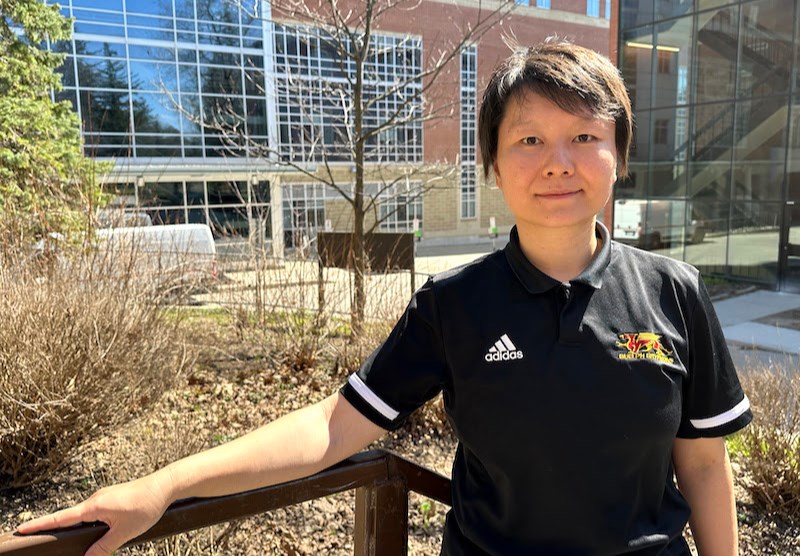An assistant professor at the University of Guelph is looking to take agri-food production to a new level, factoring in the human element.
“I want to couple human behaviour with natural sciences,” said Tongzhe Li, the inaugural Arrell Family chair in behavioural and experimental economics. “In terms of how I can help make our food production more sustainable, my research tries to understand why people make the economic decisions that they do and looks at what instruments can help in long-term decision-making."
Research by Li, who's also director of the school's department of food, agriculture and resource economics (FARE), aims to incorporate economic theory with 'sometimes unpredictable human behaviour'.
“I envision the FARE lab being a leading research team in Canada and internationally in using experimental economics techniques to inform evidence-based policy-making and to provide actionable solutions for practitioners,” Li said.
Her research mainly focuses on innovation adoption and market behaviour in an agri-food-environmental context.
Li says more efficient economic choices can help save money for consumers and producers and mitigate environmental impacts of food production.
“When you look at the agri-food sector for example, are people over fertilizing? The answer is not that clear. Maybe they are. Maybe they are hoping that by over applying, they will have a huge yield. But at the same time, is it really the best choice for farmers to over apply?” Li said.
“What I am doing with my research team is trying to understand why people are making those decisions? Is it fear of missing out, or are farmers actually calculating the long-term benefits? Are they weighing out what’s really best for them?”
The inaugural Arrell Family chair in behavioural and experimental economics will support students and seed projects as well as the hiring of a lab manager for a growing research lab in the department of food, agricultural and resource economics within the Ontario Agricultural College.
“The expertise and in-depth knowledge in economics and producer and consumer behaviour that Li brings will complement Arrell Food Institute’s projects immensely," said institute chair Evan Fraser.
"The insights, connections and research from this area are incredibly important to creating more resilient and sustainable food systems for the future."
Li’s work involves connecting directly with producer groups at local, provincial, national, and international levels.
Her research is supported by a number of agencies and groups, including Agriculture and Agri-Food Canada, the Natural Sciences and Engineering Research Council of Canada, Genome Canada and the Ontario Agri-Food Innovation Alliance.
Li also collaborates with major American and European research networks in experimental economics.
“This chair position will attract researchers, policy makers, and practitioners into a comparable research network in Canada,” she said. “By using experimental economics, in an agri-food in an environmental context, I expect us to become a world leader in this field.”
Li completed a PhD at Washington State University before joining the University of Guelph in 2019.
“I’m really appreciative of how open the university and the entire Guelph community is. And I can’t achieve anything without my wonderful research team. I hope to become a world leader in this field, and I really do see that happening,” Li said.
“I’m thrilled and I’m grateful for this opportunity. And I’m really excited to take our research to the next level.”
Tony and Anne Arrell, both U of G grads, established the Arrell Family Foundation in 1999. Since 2016, the Arrell Food Institute has worked to improve global food systems to sustainably feed a growing world population.
The chair position will be held for five years by FARE and headed by Li, whose field and lab research aims to incorporate economic theory with 'sometimes unpredictable human behaviour'.



